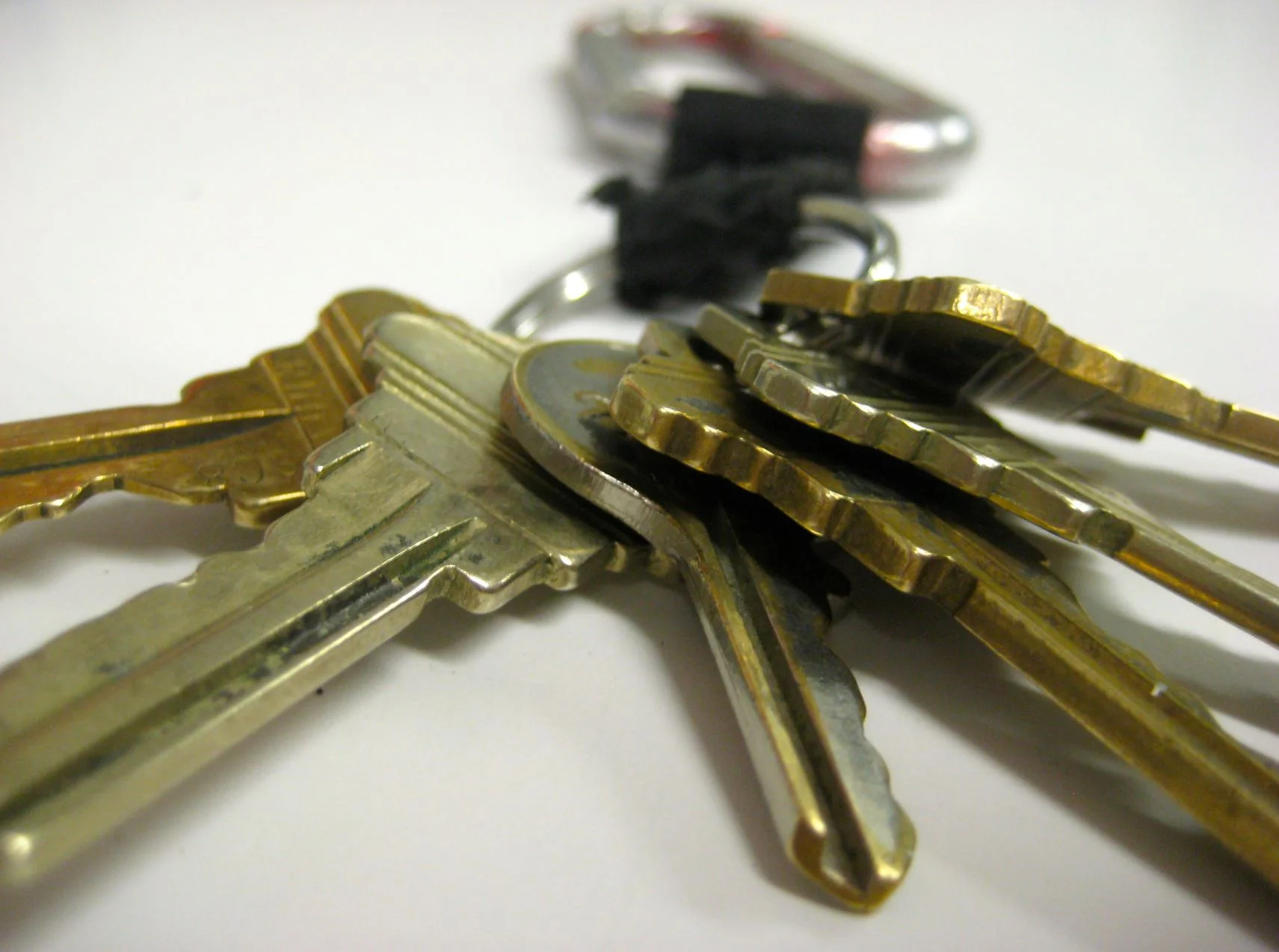New research may be among the first to examine how low levels of vitamin D affect physical performance over the long term.
Why alcohol after sport and exercise is a bad idea
You’re eating microplastics in ways you don’t even realize
We’re increasingly aware of how plastic is polluting our environment. Much recent attention has focused on how microplastics – tiny pieces ranging from 5 millimetres down to 100 nanometres in diameter – are filling the seas and working their way into the creatures that live in them. That means these ocean microplastics are entering the food chain and, ultimately, our bodies.
Getting hot and sweaty: how heat and spice might affect our appetite
The secret information hidden in your hair
Your hair can say a lot about you. It doesn’t just give people clues about your personality or your taste in music. It can also record evidence of how much you drink, whether you smoke or take drugs, and perhaps even how stressed you are. My colleagues and I research how hair can be used to provide more accurate testing for these attributes. And a recent court case shows how far the technology has come.
Sleep problems are influenced by our genes – but this doesn’t mean they can’t be fixed
Some people struggle greatly with sleeplessness, whereas others appear to be able to nod off effortlessly, regardless of the circumstances. Perhaps the most obvious explanation for differences between us in terms of our sleep is the environmental challenges that we face. An unrelenting stint at work, relationship difficulties or receiving bad news are just some of the many life challenges that can lead to sleepless nights.
Just how gross are airplane cabins really?
Why do our ears pop?
Spending time alone in nature is good for your mental and emotional health
Today Americans live in a world that thrives on being busy, productive and over scheduled. Further, they have developed the technological means to be constantly connected to others and to vast options for information and entertainment through social media. For many, smartphones demand their attention day and night with constant notifications.
Does eating at night make you fat?
Waste time looking for your keys? Try this attention trick
Health Check: three reasons why sleep is important for your health
Millions of People Need New Corneas. Now We Can 3D Print Them
Explainer: how much sleep do we need?
Why do humans have such large brains? Our study suggests ecology was the driving force
Most animals have brains in proportion to their body size – species with larger bodies often have larger brains. But the human brain is almost six times bigger than expected for our bodies. This is puzzling, as the brain is very costly – burning 20% of the body’s energy while accounting for only 4% of its mass.
Your spouse’s BMI may predict your diabetes risk
Health Check: why do we yawn and why is it contagious?
Debunking the 6 biggest myths about ‘technology addiction’
How concerned should people be about the psychological effects of screen time? Balancing technology use with other aspects of daily life seems reasonable, but there is a lot of conflicting advice about where that balance should be. Much of the discussion is framed around fighting “addiction” to technology. But to me, that resembles a moral panic, giving voice to scary claims based on weak data.
Is it rational to trust your gut feelings? A neuroscientist explains
Why we need to figure out a theory of consciousness
Understanding the biology behind consciousness (or self-awareness) is considered by some to be the final frontier of science. And over the last decade, a fledgling community of “consciousness scientists” have gathered some interesting information about the differences between conscious and unconscious brain activity.














